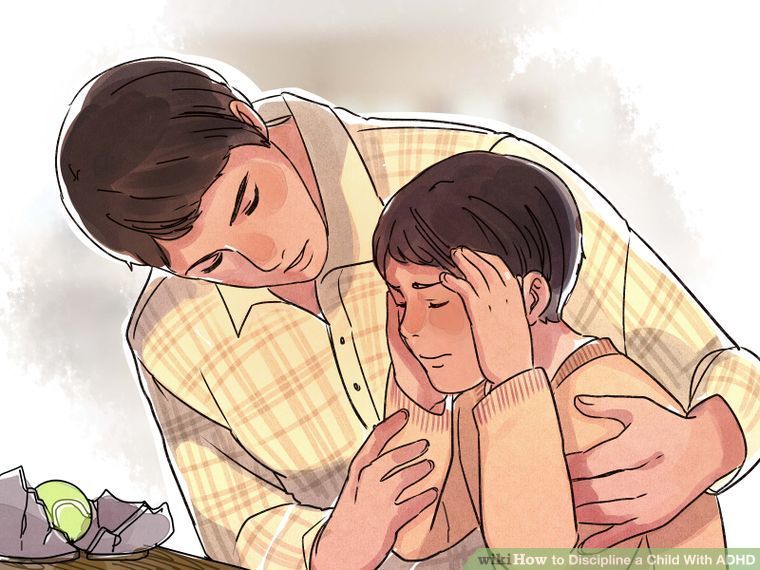How to help a sick child feel better
Looking after a sick child
If your child is ill, the most important thing to do is to listen to them.
If they say they don't need to be in bed, they probably don't. They might feel better on the sofa with a blanket or duvet.
Whether they're in bed or on the sofa, the following will help them feel more comfortable.
- Keep the room airy without being draughty. If the room is too warm, they'll probably feel worse.
- Give your child plenty to drink. For the first day or so don't bother about food unless they want it. After that, start trying to tempt them with bits of food and encouraging them to have nutritious drinks like milk.
- Try to give your child time for quiet games, stories, company and comfort.
- Sick children get very tired and need plenty of rest. Encourage your child to doze off when they need to, perhaps with a story read by you or on a mobile device or CD.
- Never fall asleep with a sick baby on the sofa with you, even if you're both exhausted. This increases the chances of sudden infant death syndrome (SIDS).
Looking after a sick child, even for a couple of days, can be exhausting.
Get rest and sleep when you can, and try to get somebody else to take over every now and then to give you a break.
Medical help for child illnessYour health visitor, practice nurse, nurse practitioner, GP and pharmacist can all give you advice on how to treat your child's illness.
The GP can treat your child and prescribe medicines. Some health visitors, nurses and pharmacists can also diagnose illness and prescribe medicines for your child.
If your child is ill, you can try your local pharmacy first. They'll tell you if your child needs to see a GP. If your child has signs of serious illness, contact your GP surgery directly or take them straight to the A&E department of your local hospital.
If your child has signs of serious illness, contact your GP surgery directly or take them straight to the A&E department of your local hospital.
Most GP surgeries are very supportive towards parents of small children. Some will fit babies into surgeries without an appointment or see them at the beginning of surgery hours. Many GPs will also give advice over the phone.
If you find it difficult to contact your doctor or get to the surgery, you can call NHS 111 for medical advice, 24 hours a day.
Dealing with children's minor accidentsMany GP surgeries, minor injury units, walk-in centres and pharmacies are equipped to deal with minor casualties, such as cuts or items trapped in the nose or ear.
In this situation, ask a GP or NHS 111 for advice on where to go before you go to A&E.
Further information- Diarrhoea and vomiting
- Medicines for babies and toddlers
- Treating a high temperature in children
Video: How do I look after a sick child? (18 to 30 months)
This video explains how to look after your child if they get sick.
Media last reviewed: 10 October 2020
Media review due: 10 October 2023
Page last reviewed: 9 November 2021
Next review due: 9 November 2024
4 Tricks to Soothe a Sick Child That Every Mom Should Know
I’m convinced that one of the toughest trials of parenthood is dealing with a sick child.
First there are the messes. Since kids are just learning the fine art of coughing into their elbow and wiping their nose with a tissue, it’s pretty much expected that the yuckiest parts of their illness will end up on their hands, their faces, and their sleeves—and most likely yours too.
Then there are the emotional struggles. Nothing tears your mama heart apart like the sight of your child feeling utterly miserable. When I was sick as a child, my mom always told me she wished she could be sick in my place. I thought she was crazy then—why would anyone WANT to be sick???—but I totally get it now.
Of course, be careful what you wish for, because having a sick kid in the house inevitably leads to germ-sharing. Without fail, the moment your kid finally starts feeling better is the moment you come down with it yourself. And parents don’t get sick days!
If you’re currently swimming in a sea of your child’s used tissues, arm yourself with these easy tips to help your kiddo (and yourself!) make it through to the healthier side.
1. Drink up.
It’s always important to keep kids hydrated, but even more so when they’re feeling under the weather. Fever, diarrhea, and vomiting cause children to lose large amounts of water and salt, and they must replenish that.
If water isn’t appealing, try liquid-heavy foods like a soothing cup of chicken soup. If your child has a sore throat, cold drinks and Popsicles will not only hydrate them, but also feel good going down.
2. Combine symptom relief with a mother’s touch.
Coughs and colds in children can be especially tough to manage because there aren’t many options available for little ones.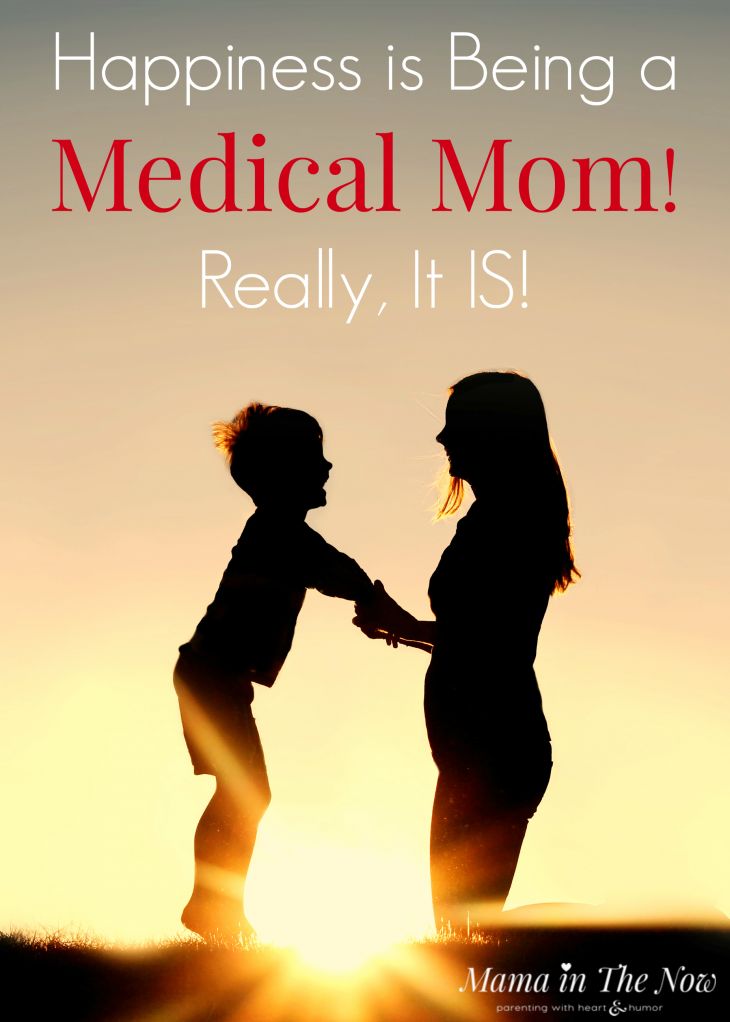 What’s more, a persistent cough can make it difficult for kids to fall or stay asleep—a nightmare for all involved!
What’s more, a persistent cough can make it difficult for kids to fall or stay asleep—a nightmare for all involved!
When your child really needs some relief from their cough due to cold, one great place to turn is Vicks® VapoRub™—the #1-selling children’s cough and cold product for kids ages two and up.* Vicks® VapoRub™ is a topical cough medicine with medicated vapors that can be rubbed on your child’s chest, neck, and back to help relieve symptoms. The medicated vapors last up to 8 hours. (In other words, all through the night!)
As if the fact that IT ACTUALLY WORKS isn’t enough, there’s another big bonus: Since it’s applied topically, your children not only get relief from their cough symptoms, but they also get to feel you putting it on them.
This is so important because for many kids, there is nothing more soothing than their parents’ loving touch. Just when your kids need you most, they get to physically feel you comforting them—increasing your bond as you help soothe their coughs so they can breathe easier.
3. Relax the screen time rules.
Most of us worry about giving our kids too much screen time, and with good reason! But when they’re sick, you can throw the rules out the window without an ounce of guilt over it.
Why? Because what our kids need most when they’re sick is REST. Ordinarily we don’t want them spending a whole afternoon in front of the television; we want them up and moving and playing and learning. But when their bodies need stillness to recuperate, extra movies and shows are actually a good thing.
4. Be gentle with their irritated skin.
It’s easy to tell when kids have recently recovered from a cold because their noses are usually red, raw, and sore.
That’s because constantly wiping their nose with a regular tissue quickly leads to skin irritation, and it can be quite painful for our little ones! Parents can reduce that irritation by using a warm, wet cloth instead of a dry tissue. Gently rubbing some petroleum jelly around their noses can also help heal any dry or chapped skin.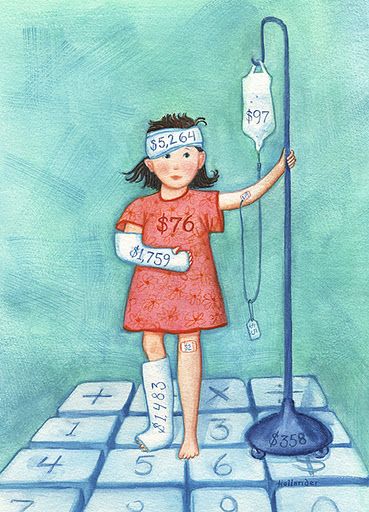
What’s your best tip for soothing a sick child?
*P&G calculation based in part on value sales data by The Nielsen Company through its Retail Scantrack Services in the US market to which P&G subscribes for the Respiratory Care Category for the 52 week period ending 06/04/16.
Learn more about Vicks® VapoRub™ and pick up a coupon here! And be sure to connect with Vicks® VapoRub™ on social media to stay up-to-date on products and offers: Facebook |YouTube
"Both a sick child and a healthy one are a great value for parents" - Pro Palliative
Contents
Explain that there is no one to blame for the illness of a brother or sister
Anger and anger are natural emotions
Caring for children is the responsibility of parents, but not other children
When a child becomes seriously ill, the life of the whole family changes, including those of siblings - . All the attention of parents is directed to a sick child: healthy children find themselves alone with their problems. We talked with Alena Kizino, a psychologist at the House with a Lighthouse Children's Hospice, about how parents can make up for the lack of attention to children, how difficult experiences change the behavior of family members, can healthy children help care for the sick, and why every child in a family should live your life and not become a “victim” of circumstances.
All the attention of parents is directed to a sick child: healthy children find themselves alone with their problems. We talked with Alena Kizino, a psychologist at the House with a Lighthouse Children's Hospice, about how parents can make up for the lack of attention to children, how difficult experiences change the behavior of family members, can healthy children help care for the sick, and why every child in a family should live your life and not become a “victim” of circumstances.
Explain that no brother or sister is to blame for illness
– What happens in a family when a terminally ill child is born, or one of the children falls ill?
- If a child is diagnosed with a serious illness, the entire family structure collapses. The family goes through certain stages: shock, collecting information, searching for doctors, accepting the child's illness and building a life with him. One of the parents, more often the mother, is engaged in the treatment and care of a sick child, the second parent provides for the family.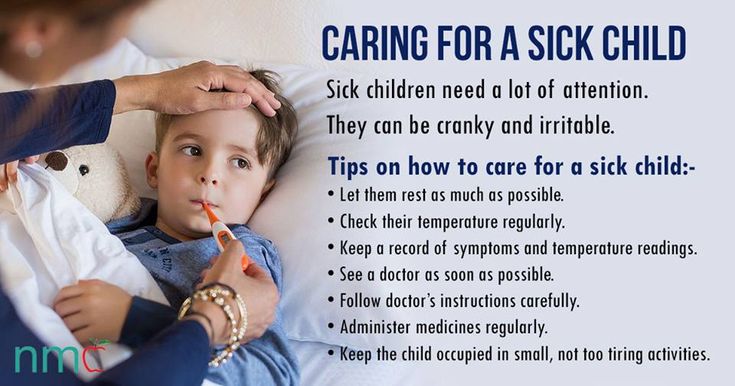 Parents are in a state of shock, they experience anxiety, guilt, resentment towards life, anger at doctors, fear that the child may die. In this state, it is very difficult to find resources for other children. And many do not have the opportunity to explain to healthy children what is happening in the family. If children do not know what happened to a brother or sister, they develop a feeling of anxiety, guilt and loneliness, anger, aggression, jealousy. Children may change behavior, school performance may decrease.
Parents are in a state of shock, they experience anxiety, guilt, resentment towards life, anger at doctors, fear that the child may die. In this state, it is very difficult to find resources for other children. And many do not have the opportunity to explain to healthy children what is happening in the family. If children do not know what happened to a brother or sister, they develop a feeling of anxiety, guilt and loneliness, anger, aggression, jealousy. Children may change behavior, school performance may decrease.
Children react differently to the illness of their brother or sister depending on their age. Teenagers usually say: “I don't want to know anything. I want a normal life” . In a family where a child is terminally ill, a teenager is left alone with his experiences. You will not turn to your parents, because they are busy, it is difficult for them. And it is difficult to understand what happened, there is not enough information, parental support and experience in experiencing difficult situations.
– How do young children react to illness?
– Children often pick up on a disturbing background in the family. If young children do not receive reliable information, they begin to fantasize. Sometimes fantasies are scarier than reality. Younger students understand more what is happening, and they have questions that are not always possible to ask parents: “Why is the brother / sister screaming?”, “Will he / she walk?”, “Can I play with him?” . But parents rarely talk about the illness of a brother or sister. Most often, they try to protect the child from the situation, because they believe that if the child knows about it, then it will hurt him, affect his development. But it is the silence of the problem that negatively affects the child.
– So silence has the opposite effect?
- Yes, everything turns out the other way around. Therefore, it is very important for parents to talk with their children about the difficulties they will face, about how family life will change, and what will remain the same.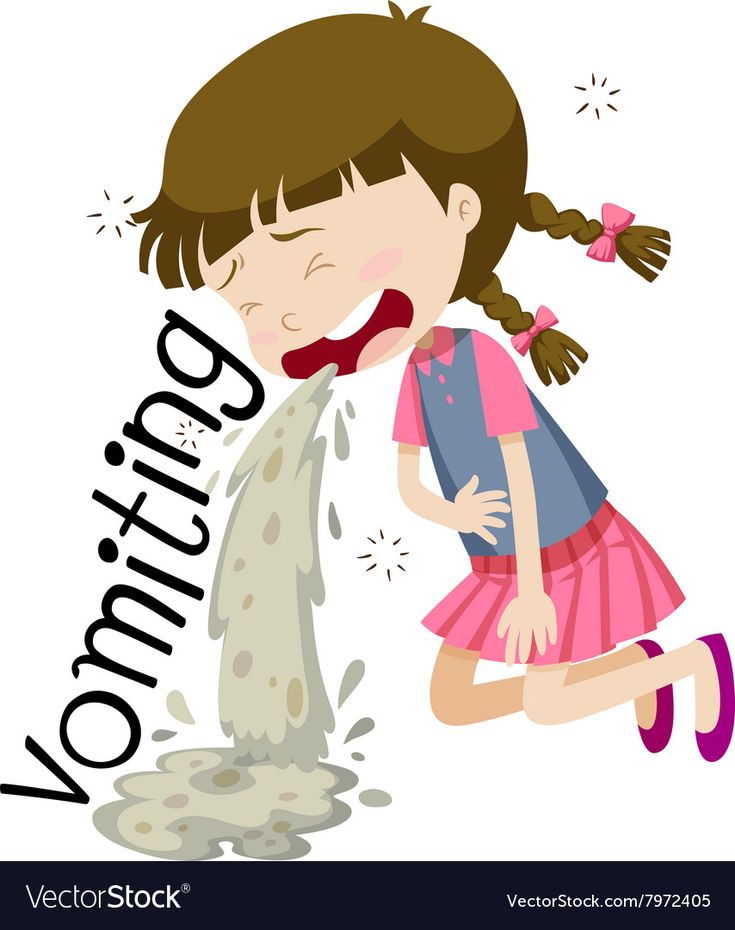 Parents need to teach their child to talk about their feelings and not be afraid to express them themselves. Adults can give reassurance to children that they will help them cope.
Parents need to teach their child to talk about their feelings and not be afraid to express them themselves. Adults can give reassurance to children that they will help them cope.
The parent needs to find time for individual communication with each child. This time will not be as much as before, but let it be at least 15 minutes of communication before bedtime. To a small child, you can say: "Yes, things will be a little different now, but I can read you fairy tales every evening" . You can say to a teenager - "You are very important to me, I am always ready (a) to listen to you" . You can offer to go together on certain days of the week to a cafe or for a walk, go shopping, that is, spend time together. You can watch films, discuss them, be interested in what a teenager lives.
How to help a family with grief and grief after a bereavement Excerpt from Justin Emery's The Really Good Guide to Children's Palliative Care for Doctors and Nurses Around the World
– If parents try to talk to a child, but name some non-existent causes of illness, do not tell the truth to the end, can children feel it?
- Children feel their parents, just as parents feel their child. If we tell a lie, we non-verbally show it anyway. That's the way we are. We can speak in a very confident tone, but the child will feel that something is being hidden from him. The smaller the child, the more emotional connection he has with his parents. The family should have a respectful attitude towards the son, towards the daughter and towards oneself as a parent. I believe that whatever is said must be true. It is not necessary to tell the child all the information that you know, due to his age.
If we tell a lie, we non-verbally show it anyway. That's the way we are. We can speak in a very confident tone, but the child will feel that something is being hidden from him. The smaller the child, the more emotional connection he has with his parents. The family should have a respectful attitude towards the son, towards the daughter and towards oneself as a parent. I believe that whatever is said must be true. It is not necessary to tell the child all the information that you know, due to his age.
It's fair to say that a sibling can't be cured, but we will do our best to help him and we will always love you both. Be sure to make it clear to a healthy child that you will take care of him too.
– Is it true that children can feel guilty about another child being sick?
– There is such a syndrome – “survivor syndrome”. This is when we feel guilty that something terrible happens to people close to us, but not to us. The feeling of guilt can be very strong if the child does not understand what is happening, they do not pay attention to him, and even say: "You are healthy, you must be obedient" .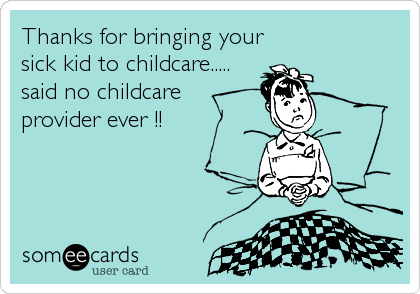 The child gets the feeling that he is to blame for the illness, or that he himself needs to get sick so that his parents begin to pay attention to him again. It is important for children to explain that there is no one to blame for the illness of a brother or sister.
The child gets the feeling that he is to blame for the illness, or that he himself needs to get sick so that his parents begin to pay attention to him again. It is important for children to explain that there is no one to blame for the illness of a brother or sister.
If parents see that the child is unable to cope with feelings, they should at least speak them out, not leave them unnoticed: “I see that you are scared”, “you are sad”, “angry”, “ashamed” . It is important to periodically ask the child: “What do you know that you would like to know?” "What do you feel?" "What are you thinking about?". This is help for the child.
Anger and anger are natural emotions
- Do children always get very upset when a brother or sister is sick? Even if there is a big age difference between them?
- I have never met a child who would not care what happens to a brother or sister, no matter what the age difference between the children.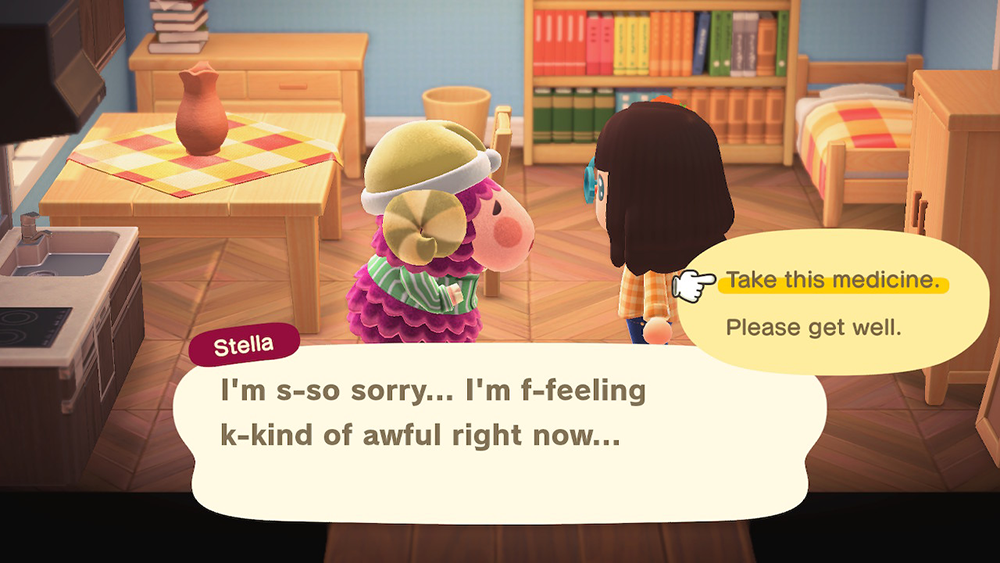 The child may say that he "doesn't care" or "I don't want to know anything" so as not to upset the parents, but usually he cannot restrain his emotions, cries. Tears show that the child is so scared that he is even afraid to talk about it. Experiences do not depend on the time spent by the children with each other, but on the age of each of the siblings.
The child may say that he "doesn't care" or "I don't want to know anything" so as not to upset the parents, but usually he cannot restrain his emotions, cries. Tears show that the child is so scared that he is even afraid to talk about it. Experiences do not depend on the time spent by the children with each other, but on the age of each of the siblings.
Children of different ages need different support. If you need to play and draw more with the little one to help him cope with anxiety, then you need to talk more with the elders, because they form their own attitude to what is happening, they become aware of the situation.
The child should be given the opportunity to express the whole range of negative feelings that arise, for example, because of the fear of the death of a brother or sister. Parents act as “a kind of emotional containers” for children, which help them cope with children's strong feelings and do not respond to children's irritation with their irritation and aggression.

We have a group in the Children's Hospice for younger schoolchildren - siblings from 7 to 9 years old. This is the age when children have the opportunity to control themselves, while maintaining high emotionality. Classes are held once a month, and any child in the family whose brother or sister is sick can come. The main task is to teach children to pronounce what worries them, to understand their feelings and be able to adequately express them. The following tendency is obvious in the group: everyone is ready to talk only about good and right feelings - about love, kindness, happiness. And negative feelings are absolutely taboo, for example, anger at parents or at a sick child.
Alena Kizino conducts classes with children. Photo: Efim Erichman / archive of the Children's Hospice "House with a Lighthouse"
"It is important to keep parents afloat so that their world stops collapsing" Pediatrician Natalya Savva on why it is important to discuss the diagnosis with children, on accompanying families and refusals of painkillers
– Are children afraid to talk about their feelings and try to be accommodating?
– Yes, because anger is something that is not customary to express, especially when someone is sick.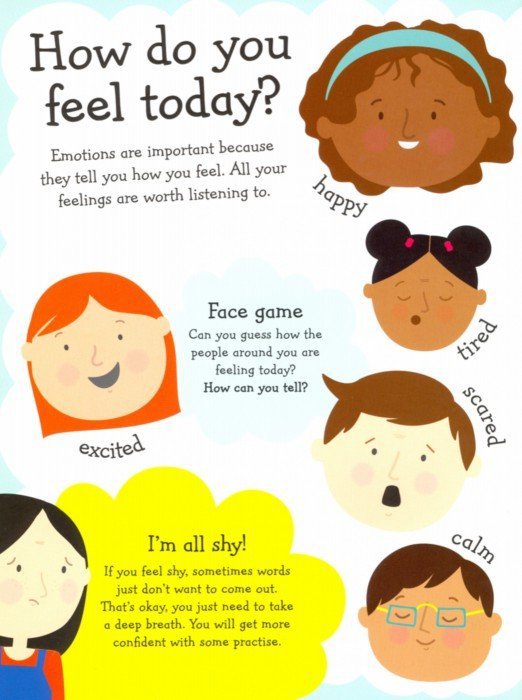 Parents do not punish for this, but shame. And they say: “How can you not understand if we have such a situation?”. And at the age of seven it is difficult to understand what kind of situation it is, because it is a child. There is no need to demand from the child that he becomes an adult and treats what is happening in an adult way. He behaves absolutely normally for his age, he simply cannot do otherwise in such conditions. Mom with a sick child for almost 24 hours, and a healthy one also wants to attract attention - sometimes with hysteria, sometimes with complaisant behavior.
Parents do not punish for this, but shame. And they say: “How can you not understand if we have such a situation?”. And at the age of seven it is difficult to understand what kind of situation it is, because it is a child. There is no need to demand from the child that he becomes an adult and treats what is happening in an adult way. He behaves absolutely normally for his age, he simply cannot do otherwise in such conditions. Mom with a sick child for almost 24 hours, and a healthy one also wants to attract attention - sometimes with hysteria, sometimes with complaisant behavior.
Many children think that if they start to study well and be obedient, then this will somehow affect the treatment of a brother or sister. Such mystical thinking, when a child imagines what can affect the situation if he behaves well and does not allow bad thoughts. "I will be a very polite, very responsible boy or a very correct girl who has no problems" . They say: "My parents should be proud of me because I'm the only hope" . It is normal that parents have certain expectations for their children, but the situation is completely different here. Every child should have their own childhood and their own life.
It is normal that parents have certain expectations for their children, but the situation is completely different here. Every child should have their own childhood and their own life.
– Can children become “too good” under the influence of caring parents?
- Anything "too much" is not very good. Of course, there are children who are very obedient, included in the care of the child, feeling that they should help. This is the formation of normal relationships, when the elder takes care of the younger. Or parents say that the younger one can also take care of the older one - "only with you does he smile like that" or "you are such a helper to me" . This is the formation of empathy, social orientation, the ability to empathize and take responsibility - those qualities that help to cultivate tolerance for the otherness of the "other", to perceive a terminally ill child as an ordinary child with his own needs.
Children are not ashamed of their special brother/sister if parents treat a sick child as if they were normal.
The diagnosis does not change the child - it changes the parents. It is important to learn to love your children for who they are.
– It turns out that anger and anger are natural feelings? And if they appear in a child, one should not shame him, but figure out why they arose?
- Yes, they are very natural. We have the right to be angry and express our anger. Important - we cannot show an act of aggression towards another, for example, hit. But if parents spend all their time with a sick child, the other little child has no choice but to take toys away from him, pinch and scream. So he tries to get attention. If parents show that every child is valuable and loved, teach children to communicate with each other, do not forget to say kind words (children try to match what parents say), then warm relations remain between children. Of course, there may be conflicts, and this is normal. It is important to teach children to peacefully resolve conflict situations.
When a child in the family is terminally ill, the topic of difficult relationships always comes up. It is very important to ask children how they imagine themselves, and what kind of brother / sister is for them, what do they know about them. At the sibling meetings at the Children's Hospice, we have a class where children talk about and draw pictures of all family members. Sometimes this lesson gives a lot to understand the situation in the family.
– Please give an example?
– A boy in class drew a wheelchair instead of his brother. It turned out that the parents did not talk to him about the disease, did not include him in communication and caring for his younger brother. And for the boy, the stroller became the image of his brother. Where there is no emotional relationship, there is a lot of misunderstanding and anxiety. If parents talk to children, then they calmly talk about their brothers / sisters, what they are, what they love, how they play with them.
Caring for children is the responsibility of parents, not other children
– What can a child do to help parents care for a sibling? How to define boundaries?
– The boundaries are always set by the parents. I know a family where the sibling is 9 years old and is sanitizing his little brother. He is very actively involved in the life of his brother, while he has his own life. He goes to school and clubs, he has a mother who always checks the lessons, and a father who makes sure that the child does his homework. That is, his usual life is preserved, but he knows that with his brother you can sing songs, listen to music, watch cartoons - there is a field for joint activities.
A child can play with another child, spending time with him is good for both children and parents. Of course, the degree of assistance depends on age and it should be within your power - it's like self-help skills. A five-year-old child can help set the table and then clear the table.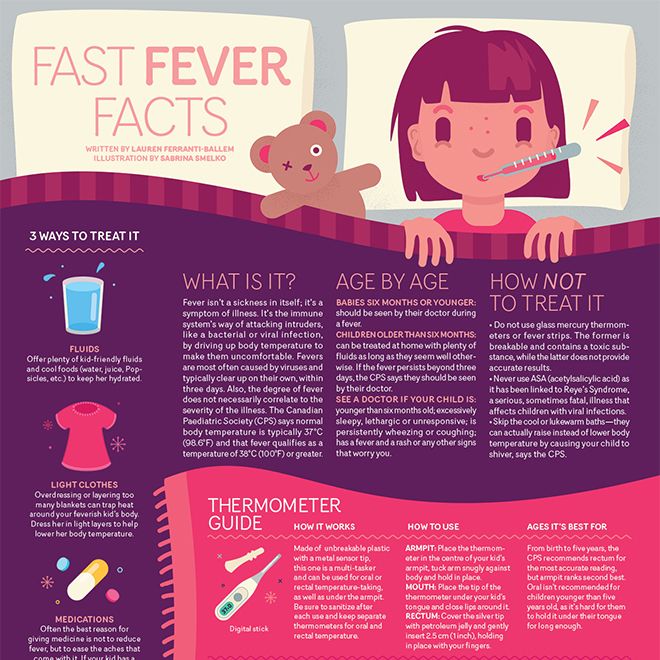 For him, this is a game, but for a teenager, this is already a duty.
For him, this is a game, but for a teenager, this is already a duty.
A six-year-old child can bring something to mom while she is busy caring for another child, heat milk in the microwave. But leaving him alone with his brother, who has a tracheostomy, is impossible.
If the child is older, they can be asked to stay with the younger child for a short time if the parents needed to go somewhere urgently, but this is an extreme situation. A child should not feed, water, change clothes or change a diaper to another child. An adult teenager can, if he has the opportunity and desire. It shouldn't be a burden. Because parents are responsible for the life of the child. Caring for children is the responsibility of parents, not other children.
“The loneliness of children is very scary, it is death to death” Why "truth for the sake of truth" and "conspiracy of silence" are sometimes equally dangerous for a sick child and his family
– How to keep the siblings' daily routine so that it is at least close to what it was before the illness?
- This is a difficult task, but it is solved differently in different families.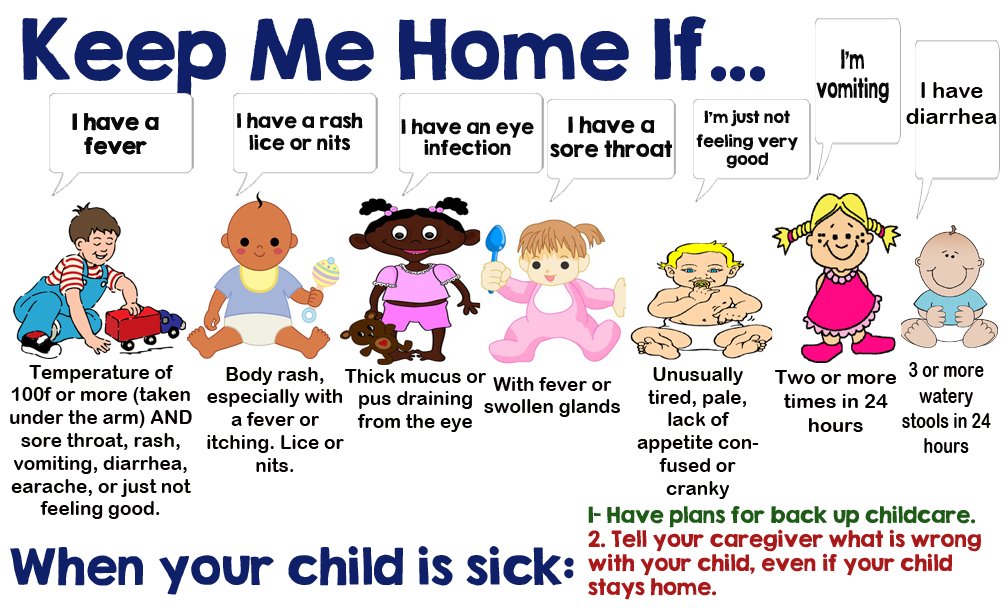 Of course, it is impossible to give a universal instruction for everyone. But it is very important that during this difficult time, parents continue to communicate with all children and live a normal life in normal conditions, as much as possible. Nearby should be a close one who can devote time to children. Otherwise, it turns out - "we will throw all our strength on one child who is sick, and other children will remain as if they are not needed by anyone." Both a sick child and a healthy one are a great value for parents. Children are children, it is not their fault that life has turned out this way. It is clear that almost all the time and effort is taken by a child who is sick, but let their mom and dad, who are so needed, be with the siblings at least sometimes.
Of course, it is impossible to give a universal instruction for everyone. But it is very important that during this difficult time, parents continue to communicate with all children and live a normal life in normal conditions, as much as possible. Nearby should be a close one who can devote time to children. Otherwise, it turns out - "we will throw all our strength on one child who is sick, and other children will remain as if they are not needed by anyone." Both a sick child and a healthy one are a great value for parents. Children are children, it is not their fault that life has turned out this way. It is clear that almost all the time and effort is taken by a child who is sick, but let their mom and dad, who are so needed, be with the siblings at least sometimes.
It takes great strength to deal with what has happened. It is good when there are both parents, grandfather, grandmother, close people. It happens when a mother is alone, one of the children gets sick, and a healthy child is all alone - sometimes with aunts and uncles with whom the family was not so close. It is important for a child to maintain at least a virtual connection with his mother. Now there are gadgets, the Internet, applications - all this can be used. You can send each other messages, stickers, postcards. At least in this way, the child should know that they remember him and that he is valuable.
It is important for a child to maintain at least a virtual connection with his mother. Now there are gadgets, the Internet, applications - all this can be used. You can send each other messages, stickers, postcards. At least in this way, the child should know that they remember him and that he is valuable.
– Can the nanny help in some way, or is it still a complete stranger?
- If mom or dad is not around, something serious has happened, and a nanny is always next to the child, then this is a way out of the situation. A nanny will never replace parents, but it's better than no one.
- Can the illness of one child affect the life trajectory of another?
- I have no statistics, but according to my observations, many go into medicine. A rescuer complex arises - the child thinks about how to take care of others, help someone, somehow support. Then hyper-responsible adults grow up who play this scenario all their lives. They live with the understanding that personal desires are not as important as the desires of another. Caring for the other contributes to the formation of the attitude "I am responsible for the other." So that the child can listen to his desires and hyper-responsibility does not become a problem for him, he must have the feeling that he is valuable in the family, he has the opportunity to speak out, his boundaries are respected, he is noticed, they help to overcome the crisis, cope with strong feelings, give grow up and live your life regardless of whether there is a terminally ill child in the family or not. Every child is born for his own life.
Caring for the other contributes to the formation of the attitude "I am responsible for the other." So that the child can listen to his desires and hyper-responsibility does not become a problem for him, he must have the feeling that he is valuable in the family, he has the opportunity to speak out, his boundaries are respected, he is noticed, they help to overcome the crisis, cope with strong feelings, give grow up and live your life regardless of whether there is a terminally ill child in the family or not. Every child is born for his own life.
Interviewed by Diana Karliner
How to help a grieving child — Pro Palliative
To tell or not to tell a child about the death of a loved one? It often seems to people that it is better to protect the baby from difficult experiences, especially when it comes to parents. In fact, the decision to hide the truth from the child is wrong and, moreover, dangerous. About why - in an excerpt from the book of the publishing house "Nikeya" "A man died.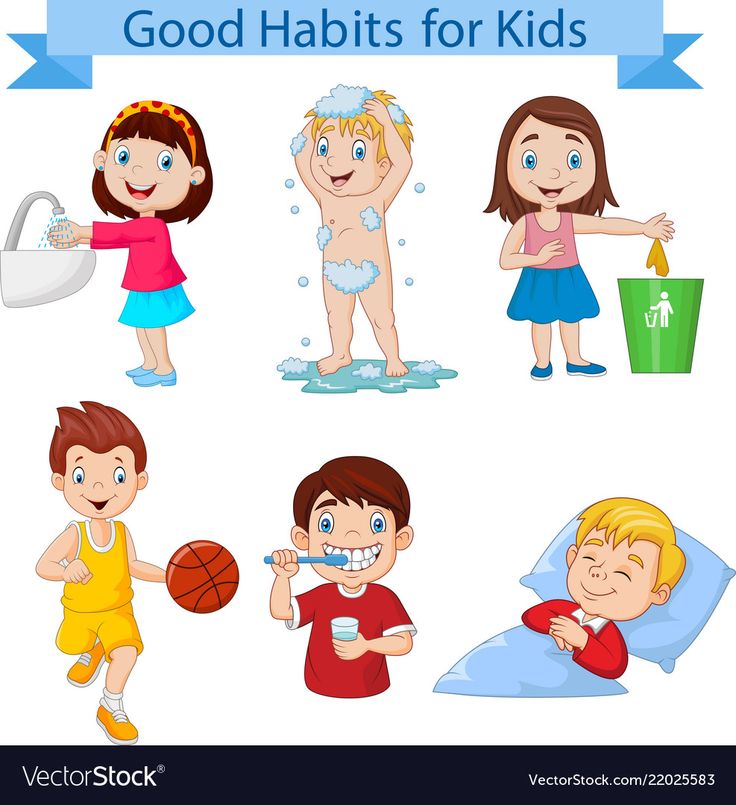 What to do and how to survive?"
What to do and how to survive?"
How to communicate tragic news to a child
Children under six form their life position, their attitude towards the world and other people. The child does not understand where mom (or dad) has gone, why everyone around is whispering about something and pitying him, although everything seems to be all right with him. Children are very sensitive to change. They see that “something is wrong” with adults, their mother is not around, something unintelligible answers his questions about her (she left, got sick).
The unknown causes fear . A child in such a situation can make two diametrically opposite decisions: I am bad, so my mother left me, I am not worthy of life (pleasure, joy) or my mother is bad, because she left me, and since the closest person did this to me, it means you can’t trust nobody.
Between these poles there are a thousand options for decisions that form a negative attitude towards oneself and the world, low self-esteem, hatred, anger, resentment. Therefore, no matter how painful it is, it is necessary to inform the child about the death of a loved one. And you need to do it right away.
Therefore, no matter how painful it is, it is necessary to inform the child about the death of a loved one. And you need to do it right away.
If this difficult conversation is postponed until later (“I’ll tell you after the funeral, after the commemoration, after the mourning…”), a belated message can give rise to resentment against the remaining loved ones (“They don’t trust me, otherwise they would have told right away”), anger (“ How could dad hide it!”), distrust (“Since my close people didn’t tell me about it, it means that everyone around is deceivers and you can’t trust anyone”).
Who should tell the child the sad news? Of course, the closest of the remaining relatives, the one whom the baby trusts the most, with whom he can share his grief. The more faith and support he finds in this person, the better his adaptation to a new life situation will be.
Choose a place where you will not be disturbed, make sure you have enough time to talk. When speaking with the baby, it is very important to establish tactile contact (put him on your lap, hug, caress). Tell the truth. No matter how hard it is for you, do not use allegorical expressions. Say "dead", not "forever asleep" or "gone".
When speaking with the baby, it is very important to establish tactile contact (put him on your lap, hug, caress). Tell the truth. No matter how hard it is for you, do not use allegorical expressions. Say "dead", not "forever asleep" or "gone".
Children understand everything literally. Your words can provoke a fear of sleep (if I fall asleep, it means I will die), a fear of losing a loved one (my mother went to the store - she may not return either).
If the death was caused by an illness the child knew about, start there. If this is an accident, tell how it happened, perhaps starting from the moment when the child parted with the deceased: “You saw dad go to work in the morning ...” It’s hard for you at this moment too, but for the sake of the child you need to muster up courage. Watch his reactions, react to his words and feelings.
Children of three to six years old already know something about death, but, having a "magical" imagination, a child at this age believes that nothing of the kind can happen to him or his relatives.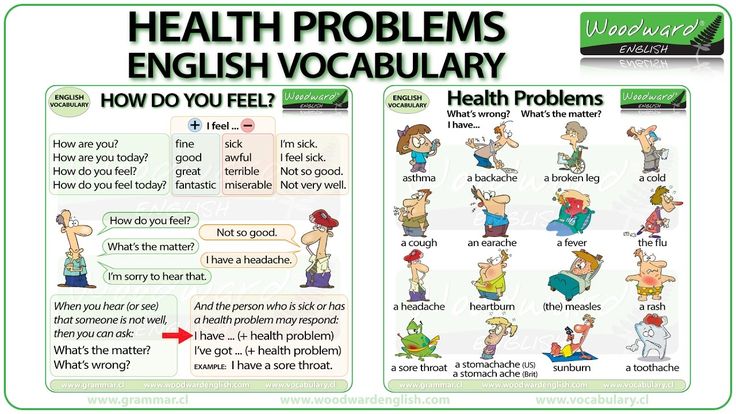
It is necessary to talk to him about the grief that happened very tactfully, calmly, in an accessible form. It is very important to immediately explain all aspects of death that may cause fear in the child.
If death occurred as a result of illness , explain that not all illnesses lead to death, so that later, when sick, the child is not afraid to die: “Grandma was very sick, and the doctors could not cure her. Let's remember, you were sick last month and recovered. And I was sick recently, remember? And got better too. Yes, there are diseases for which there is no cure yet, but you can grow up, become a doctor and find a cure for the most dangerous disease.
If an accident occurs , the death must be explained without blaming anyone. The death of a loved one makes the child feel insecure, and he may ask: “Are you going to die too? And will I die? It’s better to answer honestly: “Yes, sometime in the future it will happen,” and only then reassure that people usually live long.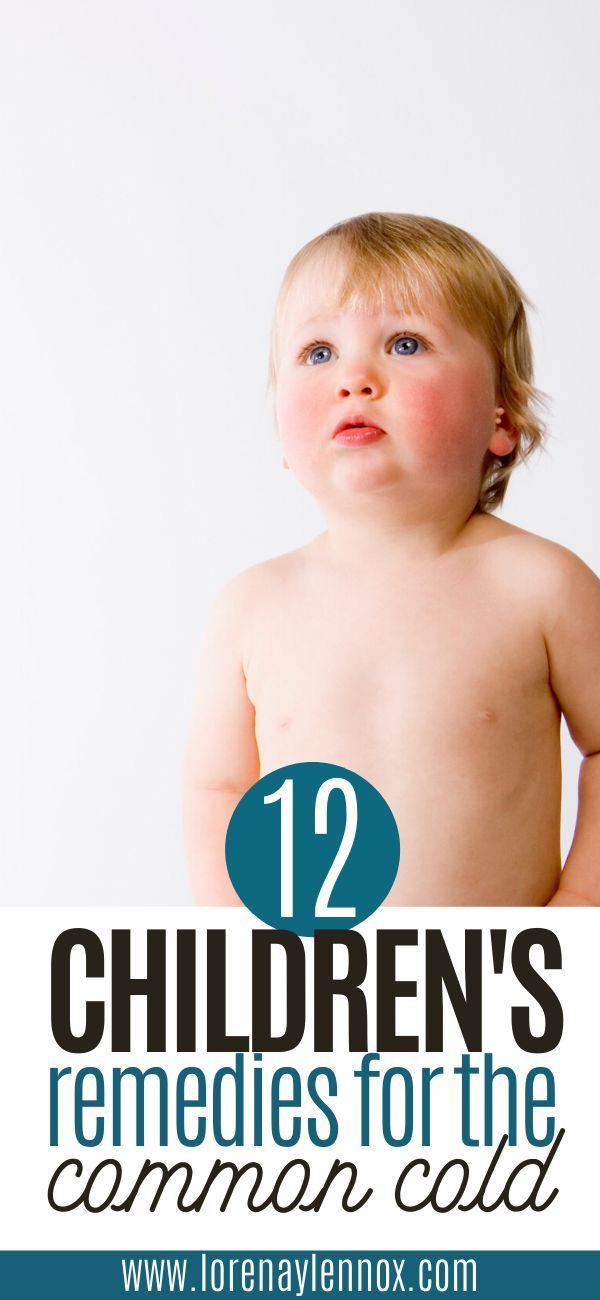 If the child is frightened and cries, in no case should you give up your words and turn them into a joke. It is better to sit next to you, hug, let you cry and then help you return your thoughts to the life that goes on.
If the child is frightened and cries, in no case should you give up your words and turn them into a joke. It is better to sit next to you, hug, let you cry and then help you return your thoughts to the life that goes on.
Support for loved ones after the death of a relative: the German experience When should you talk to a person who has experienced the death of a loved one, and when should you leave it alone? Why can a grieving person be thrown from laughter to tears? How else can grief manifest itself?
It is very important to prevent feelings of guilt : “It's not your fault that your mother died. No matter how you behaved, it could not affect this situation. So let's talk about how we can live on." It is also appropriate here to let the child understand that he should reconsider his relationship with other relatives, see them as a source of support: “You always trusted your secrets only to your mother. I can't replace her in this. But I really want you to know that you can tell me about any of your difficulties and I will help you.”
I can't replace her in this. But I really want you to know that you can tell me about any of your difficulties and I will help you.”
In such a conversation, no matter how painful it is, the adult must accept any child's emotions that have arisen in connection with the death of a loved one. If this is sadness, it needs to be shared (“I am also sad because my grandmother is no longer with us. Let's look at the photos and remember what she was like”). If anger, let it vent (“I’d be terribly mad too that my dad died. Who are you mad at? It’s not dad’s fault. Will your anger help what happened? Let’s talk about dad better. What would did you want to tell him now? What would he say to you in response?").
If the child is too small and has little vocabulary, you can invite him to draw his feelings. For example, fear can be black, sadness blue, resentment green, anger purple.
The main thing is that the child must understand that he is not alone and has the right to freely express his feelings.
Unlived feelings of grief in a child are the basis for psychosomatic illnesses at an older age.
Do not tell the child what he should or should not feel and how he should or should not express his feelings (“Don’t cry, mom wouldn’t like it”; “Poor orphan, now you will feel very bad”; “Grandpa died, and you play as if nothing had happened. How do you not ashamed!"). Saying such things, we "program" the child to suppress true feelings. He may decide for himself that only desirable behavior can be demonstrated to others. Such a decision can lead to emotional coldness in adulthood.
Also it is dangerous to burden a child with your emotions . The tantrums of relatives, their withdrawal into themselves can scare.
It is impossible to “program” the future life of the family without joy and happiness (“Your sister died, now we will never be happy”), as well as voluntarily or involuntarily use the image of the deceased to form in the child the desired behavior for adults (“Don’t shawl, mother now he looks at you from “out there” and gets upset”; “Don’t cry, dad always taught you to be a real man, he wouldn’t like it”). The child should not only hear, but also feel that next to him is a person who shares his grief.
The child should not only hear, but also feel that next to him is a person who shares his grief.
Photo: Arleen Wiese / Unsplash
You don't need to hide your emotions from your child, on the contrary, you can and should talk about them too. (“I also miss my mother very much. Let's talk about her”; “I am crying because I feel very bad. I am thinking now that my father has died. But I will not always be sad, and you are not to blame for my sadness. Grief passes sooner or later.”) At this moment it is very important to orient the child to activity, to explain how our deeds on earth can help the departed.
If the child is familiar with the basics of Christianity, it is easier, because he has already heard about the soul and what happens to it after death. If not, tell the kid in an accessible language that when a person dies, the soul remains, and we can help it with our prayer and good deeds. At this time, the child can realize that there is eternal life, that death is not the end, that the soul of a person is capable of experiencing joy and sadness even after death. This understanding reduces the fear of death in children. When talking about death from a religious point of view, it is important not to make the mistake of creating the image of a “terrible God” (“God took my mother, now she is better there than here”). The child may have a fear that he, too, will be “taken away”. The fact that “there” is better is also incomprehensible to children (“If “there” is better, then why is everyone crying? And if death is better than life, then why live?”).
This understanding reduces the fear of death in children. When talking about death from a religious point of view, it is important not to make the mistake of creating the image of a “terrible God” (“God took my mother, now she is better there than here”). The child may have a fear that he, too, will be “taken away”. The fact that “there” is better is also incomprehensible to children (“If “there” is better, then why is everyone crying? And if death is better than life, then why live?”).
The death they are waiting for Bishop Panteleimon (Shatov) - about his own experience of experiencing the death of a loved one, the Christian attitude to dying and the consolation of a believer
Having told the sad news, do not leave the child alone with his feelings. Let him cry or talk. Then ask for help with the upcoming chores. Of course, he will not be able to become a full-fledged assistant. But, excluded from the general process of preparing the funeral, he will feel abandoned, which will only increase the suffering.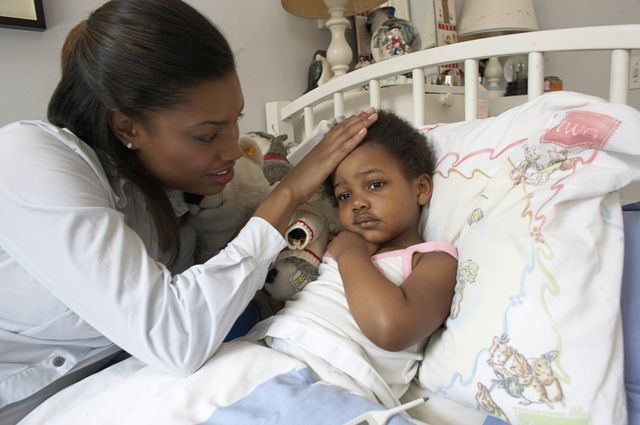 Therefore, it is necessary to come up with a feasible business for the child so that he remains in contact with loved ones.
Therefore, it is necessary to come up with a feasible business for the child so that he remains in contact with loved ones.
It is good if parents, despite their own worries, find the strength to take care of the child as usual: feed, put to bed, and even, perhaps, play. So the baby will understand that life goes on.
If you are unable to talk to your child about the death of a loved one, contact mental health services (in person or by telephone).
Whether to take children to the funeral
Participation in the funeral helps the child to recognize the reality of the loss, to realize that the deceased will not return. It is not uncommon for children to learn basic concepts about death during funerals and then use this knowledge to explore the issue of their own death.
In addition, without forgiveness, the child's relationship with the deceased may remain incomplete, which often leads to the emergence of various fears.
So, after the death of her little brother, one girl was afraid to be at home alone, she turned on the light everywhere. In the conversation, it turned out that she was not taken to the funeral and now she is afraid to stumble upon his corpse in the apartment.
In the conversation, it turned out that she was not taken to the funeral and now she is afraid to stumble upon his corpse in the apartment.
Photo: Simon Wijers / Unsplash
After the mother told her daughter that her brother had been buried, the girl calmed down and her fears disappeared.
It is believed that from the age of two and a half children are able to understand the idea of farewell . However, it should be understood that the “last farewell” will fulfill its positive function only if the child is internally ready for such a ceremony. If he does not want to go to the funeral, in no case should he be forced or reproached. It is better to ask him to talk about his feelings and clarify possible misconceptions and fears.
On the eve of the funeral, talk to the child and tell him in detail what will happen. Be sure to warn that people may cry and even scream at the funeral, and this is normal. Your explanations will save the baby from possible traumatic surprises and dispel fears.
Be prepared to answer children's questions. For example, what does the coffin look like from the inside, is it scary to lie in the ground, is it cold below, that the deceased will eat there, etc. Explain to the baby that the deceased can no longer breathe, walk, talk or eat. If questions make parents feel uncomfortable, the child will notice and stop asking. So say in advance that you cannot know everything about death. Not knowing all the answers is okay. Children may well accept that adults also have difficulty understanding certain things.
Pay attention to what other adults tell your child . Their advice may conflict with yours. For example, one of the adults may say: “Be strong, don’t cry,” while you said that crying is normal, this indicates love for the deceased. It is necessary to come to the aid of a confused child in time, to try to explain why adults feel and behave differently.
Invite the child to say goodbye to the deceased in a special way, such as putting a memorial gift in the coffin: a drawing, a letter, or a flower.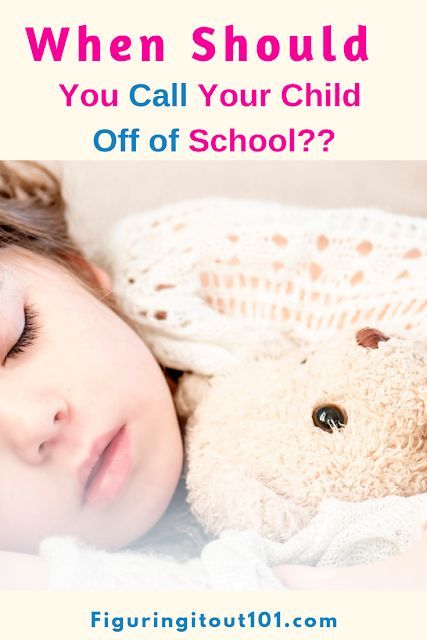 It is also helpful to find an adult who can be with the young children during the funeral. They may lose interest in what is happening after a short time, and then someone will need to leave the ceremony with them. It makes sense to tell the children themselves that they don't have to stay at the funeral if they don't want to.
It is also helpful to find an adult who can be with the young children during the funeral. They may lose interest in what is happening after a short time, and then someone will need to leave the ceremony with them. It makes sense to tell the children themselves that they don't have to stay at the funeral if they don't want to.
After the ceremony, children can play the funeral ritual or pretend to be sick or dying. This is normal, as children become aware of and assimilate their new experience.
Metropolitan Anthony of Sourozh:
A child can get acquainted with death in an ugly way, and this will cripple him, or, on the contrary, sensibly, calmly, as the following example will show (it is taken from life, this is not a parable). A deeply beloved grandmother died after a long and difficult illness. They called me, and when I arrived, I found that the children had been taken away. The parents answered my question: “We couldn’t allow the children to stay in the same house with the deceased.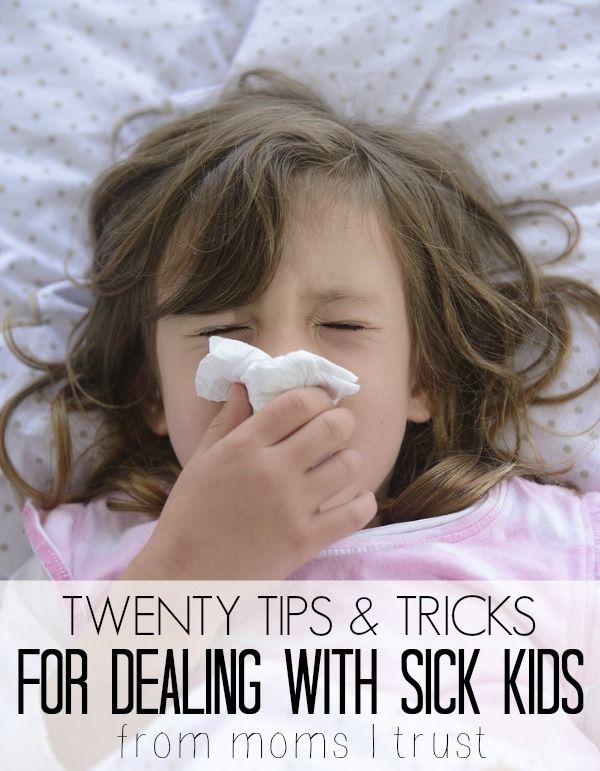 ” - "But why?" “They know what death is.” “And what do they know about death?” I asked. "The other day they found a little rabbit in the garden, which was picked up by cats, so they saw what death is." I said that if children have such a picture of death, they are doomed to carry a feeling of horror through their whole lives. At every mention of death, at every funeral, every coffin in this wooden box will have an unspeakable horror for them... After a long argument, after parents told me that children would inevitably get mentally disturbed if they were allowed to see their grandmother and that it will be my responsibility, I brought the children. Their first question was, “So what happened to grandma?” I told them: “You have heard many times how she wanted to go to the Kingdom of God to her grandfather, where he went before her. That's what happened." "So she's happy?" one of the children asked. I said yes. And then we entered the room where the grandmother lay. There was an amazing silence.
” - "But why?" “They know what death is.” “And what do they know about death?” I asked. "The other day they found a little rabbit in the garden, which was picked up by cats, so they saw what death is." I said that if children have such a picture of death, they are doomed to carry a feeling of horror through their whole lives. At every mention of death, at every funeral, every coffin in this wooden box will have an unspeakable horror for them... After a long argument, after parents told me that children would inevitably get mentally disturbed if they were allowed to see their grandmother and that it will be my responsibility, I brought the children. Their first question was, “So what happened to grandma?” I told them: “You have heard many times how she wanted to go to the Kingdom of God to her grandfather, where he went before her. That's what happened." "So she's happy?" one of the children asked. I said yes. And then we entered the room where the grandmother lay. There was an amazing silence.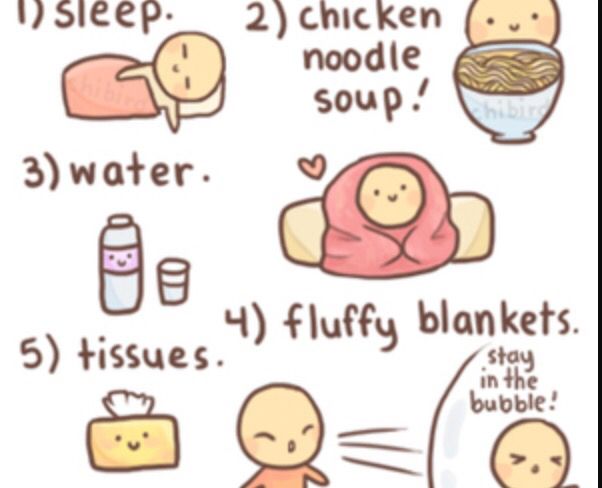 The elderly woman, whose face had been distorted by suffering for many years, lay in perfect peace and quiet. One of the children said, "So that's what death is!" And another added: “How wonderful!” Here are two expressions of the same experience. Will we let children experience death as a bunny torn apart by cats in the garden, or will we show them the peace and beauty of death?
The elderly woman, whose face had been distorted by suffering for many years, lay in perfect peace and quiet. One of the children said, "So that's what death is!" And another added: “How wonderful!” Here are two expressions of the same experience. Will we let children experience death as a bunny torn apart by cats in the garden, or will we show them the peace and beauty of death?
From the book of Metropolitan Anthony of Surozh “Life and eternity. 15 Conversations about Death and Suffering”
Psychological features of childhood grief
Children's experience of the loss of a loved one does not always occur in a clear and understandable form for others. For example, a child may not openly express his pain (not cry or say how hard it is for him), but his behavior and reactions to things around him change dramatically.
In general, children's grief is characterized by such features as delay, secrecy, surprise, unevenness.
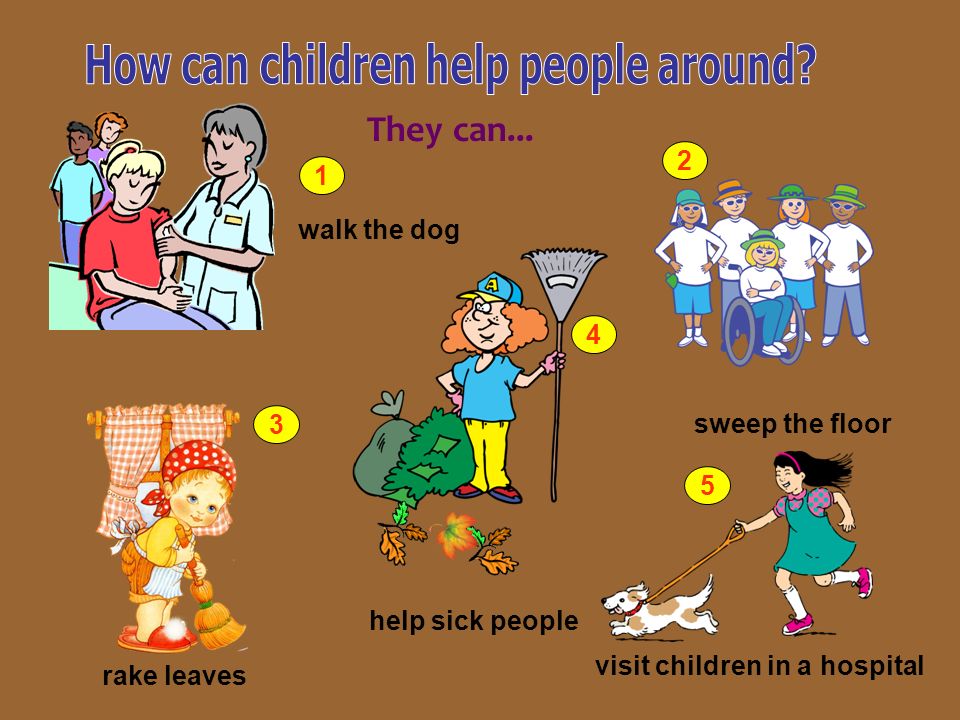
Children tend to express grief occasionally, in waves. A surge of emotions and a stream of tears are replaced by relative calm and even moments of fun. At the same time, an acute reaction to death is sometimes delayed for months. In some cases, real awareness of the loss comes under the influence of some significant event, for example, another loss.
In general, a child's grief, just like an adult's, goes through a series of stages. The initial - shock reaction - can have different manifestations: silent withdrawal into oneself, inactivity and lethargy, automatic movements, fussy activity. For some time, the child is simply unable to believe that he will never see his loved one again. Therefore, after this, he tries to find him, entering the search stage. Sometimes children experience this search as a game of hide-and-seek, visually imagining how the deceased enters the door. When the child realizes the impossibility of returning the deceased, despair sets in.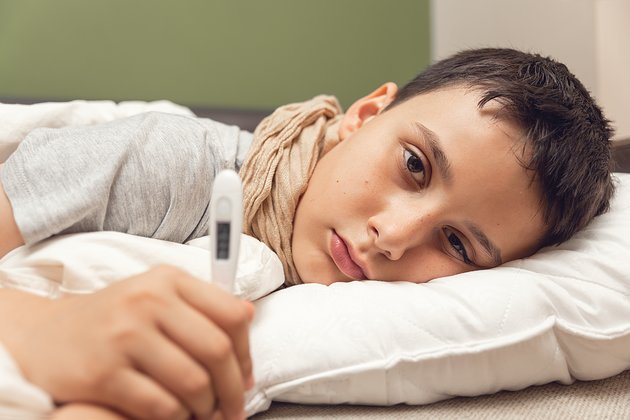 He begins to cry, scream, reject others.
He begins to cry, scream, reject others.
The stage of anger is expressed in the fact that the child is angry with the parent who left him, or with God who "took" the father or mother. Kids can start to break toys, throw tantrums, teenagers stop communicating with their mother, beat their younger brother for no reason, and be rude to teachers. Anxiety and the accompanying guilt lead to depression.
Photo: Annie Spratt / Unsplash
In addition, a child may worry about various everyday problems: who will accompany him to school, who will help with the lessons? A resource has already been laid in these questions: the child thinks about how he will live after the loss. How much he will be able to adapt to new conditions depends largely on adults. Adults should help the child to talk about their experiences and fears. In some cases, a visit to a psychologist may be required. For example, if a child has irritability or physical overwork, sleep or nutrition disorders, enuresis, headaches and other pains.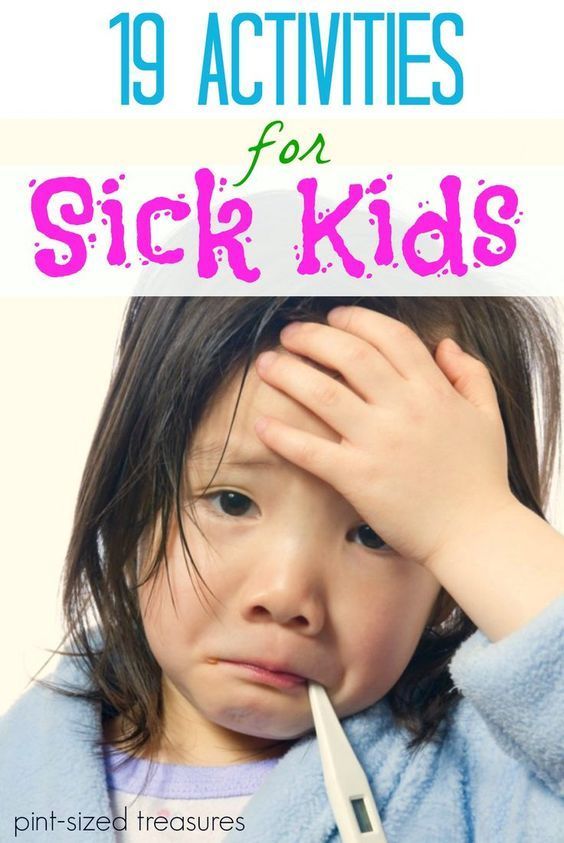
How to help a family with grief and grief after a bereavement Excerpt from Justin Emery's The Really Helpful Guide to Palliative Care for Children for Doctors and Nurses Worldwide about how children experience grief and whether they can attend funerals
Childhood grief can take on extreme forms. Adults should be alerted by the complete absence of emotions, too long or unusual mourning. Reasons to seek help from a psychologist: a sharp decline in school performance, persistent refusal to attend school, persistent disobedience or aggression, unexplained outbursts of anger, worsening mood, persistent anxiety or phobias, frequent panic attacks, persistent nightmares, severe difficulty falling asleep and other sleep disorders, inability to cope with daily activities. Situations when a child avoids talking and even mentioning the deceased or, on the contrary, constantly talks about the desire to unite with the deceased, should also not be ignored. The measure of children's grief primarily depends on the degree of kinship with the deceased. The most severe loss of parents, brothers and sisters. Very often, the feeling of abandonment and longing for the deceased parent persist throughout life, which cannot but affect the development of the individual.
The measure of children's grief primarily depends on the degree of kinship with the deceased. The most severe loss of parents, brothers and sisters. Very often, the feeling of abandonment and longing for the deceased parent persist throughout life, which cannot but affect the development of the individual.
In the event of the death of a brother or sister, the degree of grief depends on the age of the deceased and the relationship with him.
At the age of two, a child cannot yet realize the fact of the death of a parent or close relative, but notices his absence and changes in the behavior of adults. Often, babies become irritable, more noisy and restless.
Two-year-old children , as a rule, start calling and looking for the deceased, waiting for his return. It may take them a long time to realize that the person will never come. At this age, children need a secure, stable environment, regular eating and sleeping patterns, close attention, and love.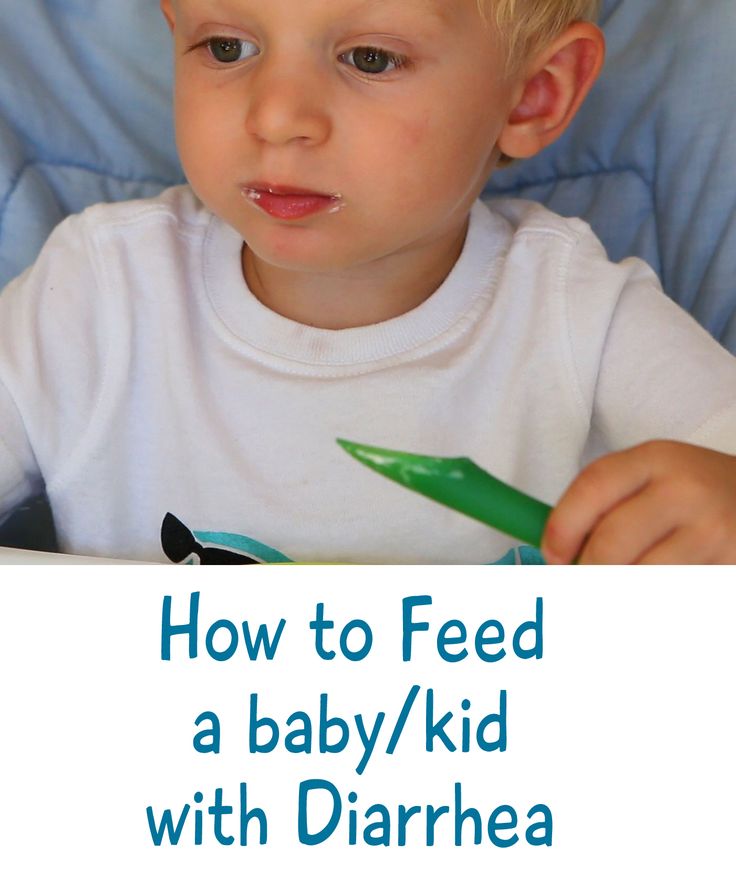
Children from three to five years old still do not understand what death is, some perceive it as a dream and hope that dad (mother) will wake up soon. Someone may begin to be afraid of the dark, experience sadness, anger, anxiety. Headaches, skin rashes, mood swings, a return to past habits (thumb sucking, etc.) may occur. At this age, the child may have the idea that his words and actions caused the death of an adult. Adults need to dispel these fantasies by explaining what actually happened and why.
At primary school age (six to eight years old), children still have difficulty understanding the reality of death. Their behavior at school and at home changes: for example, they may show anger towards teachers or stop communicating with classmates. If you prepare a child for possible questions about the death of a loved one from other people, without going into details, then he will not have to avoid contacts and communication on these topics.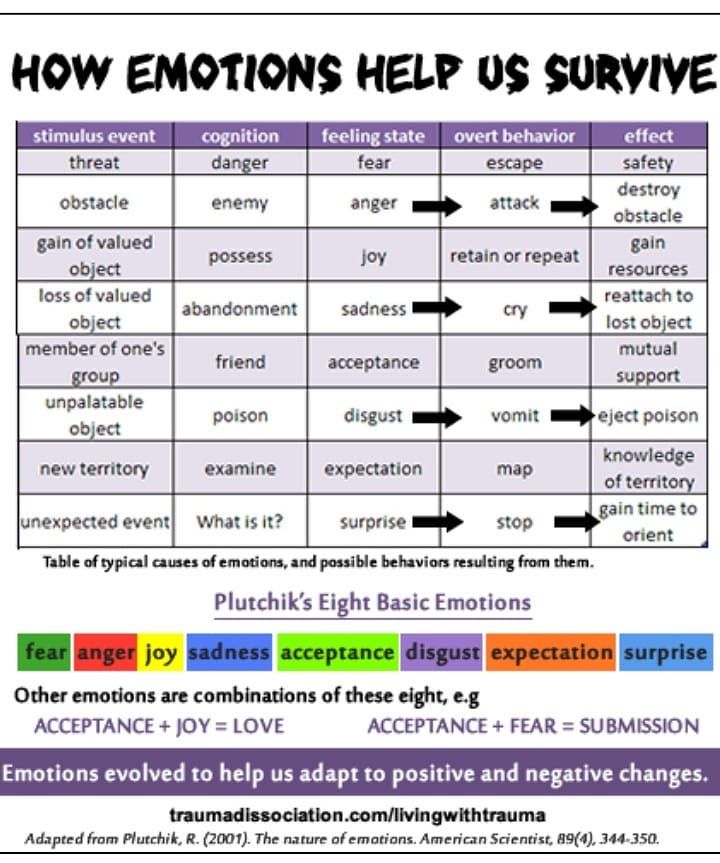
Nine to twelve years is characterized by a desire for independence, and the experience of loss leads to a feeling of helplessness. Children may hide their emotions, study poorly, fight at school, or rebel against the authority of their elders. Often they try to take on the role of a deceased adult - mother or father. This behavior should not be encouraged, but adults should still take into account that their family structure has changed and everyone will have to adapt to this.
It is impossible to ignore or suppress the desire of a teenager to support grieving loved ones, help them, share their grief.
And, what is very important, no matter how old a child is, he must know that he has the right to be happy and enjoy life, that this does not offend or betray the memory of the deceased.
The situation when one of the children in the family dies has its own pitfalls. We all tend to idealize the deceased to some extent.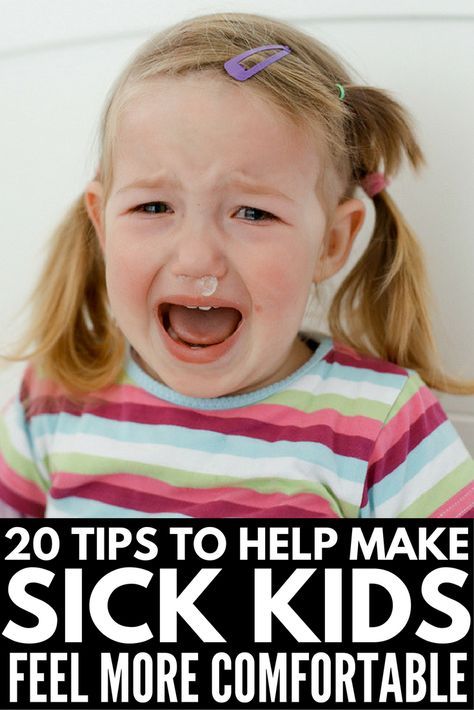 Parents can unwittingly compare other children with him and thus awaken in them a sense of their own worthlessness. The other extreme is excessive custody of the remaining child. It is understandable that the loss of a child causes great concern for other children, but children's desire for independence should not be suppressed.
Parents can unwittingly compare other children with him and thus awaken in them a sense of their own worthlessness. The other extreme is excessive custody of the remaining child. It is understandable that the loss of a child causes great concern for other children, but children's desire for independence should not be suppressed.
Photo: Annie Spratt / Unsplash
Above all, attention, patience and compassion are required on the part of all adults. However, not every form of expression of sympathy is good for a child. Sometimes from the side of adults you can hear: "Poor thing, you are now left alone." Hearing such words, the child may feel even more alone and unhappy. Care should not be hypertrophied or intrusive, the most important thing is that it meets the real needs of the child.
It is important for a grieving child to feel positive emotions from adults - it is so important for children to feel significant, protected and loved during the period of mourning. It is especially important to maintain emotional and physical contact with the child, be attentive to his condition and desires, answer questions honestly, and be patient with the negative aspects of behavior.






